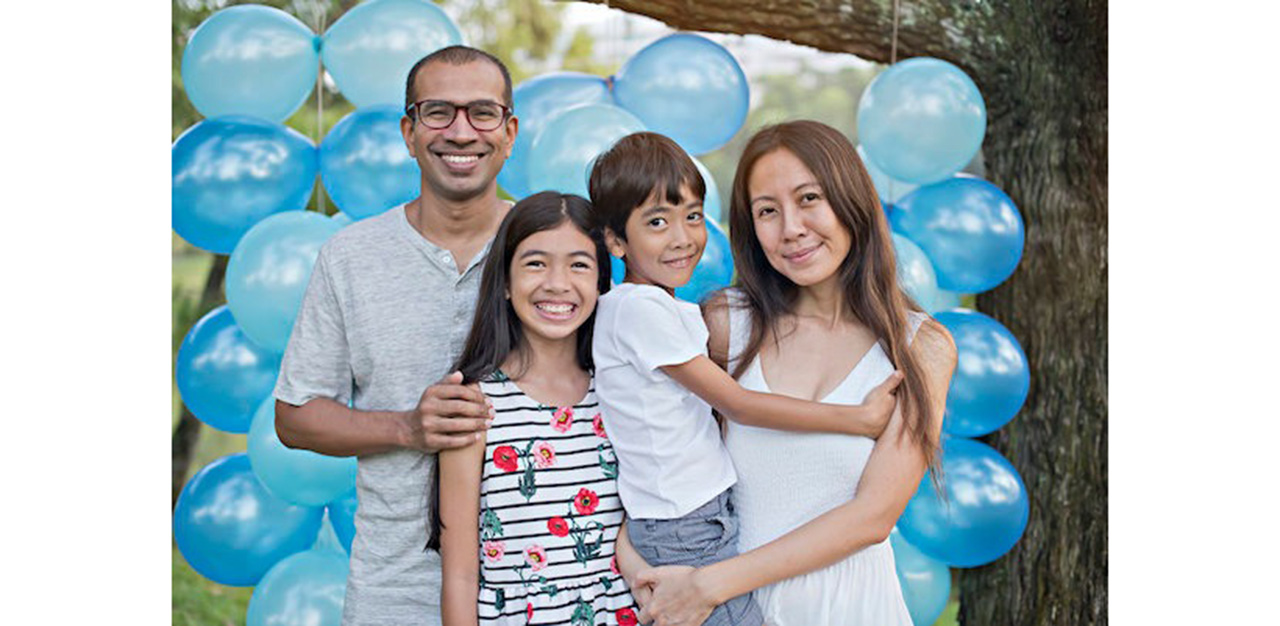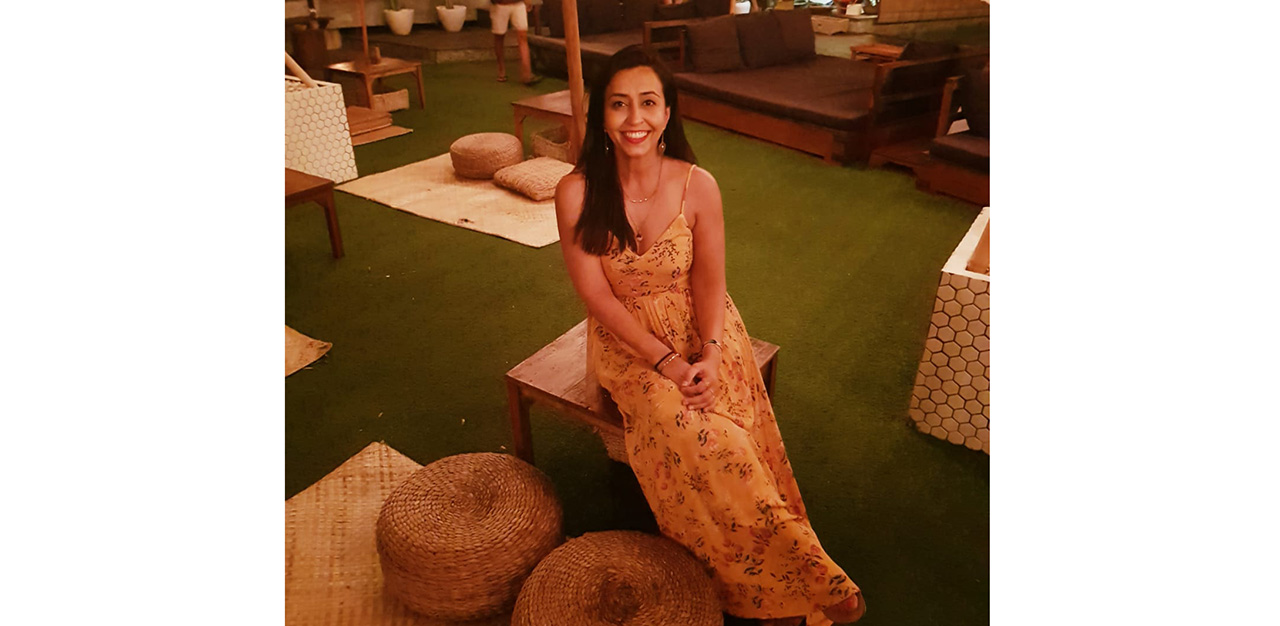“These conversations will not be easy, but they will get easier over time.”
– Ijeoma Oluo, So You Want to Talk About Race
What’s the worst that can happen when ordinary people gather to talk about race? In Singapore, we’ve always been afraid to find out.
As a mother of two Indian-Chinese children, I care about race relations in this country – I don’t have a choice. So I bit the bullet to conduct a social experiment over one weekend, by inviting Indian friends and family to talk to me about race.
I didn’t want to sit around “having a kumbaya moment,” and I know now that even when you dig just a little deeper, the vulnerability hangover is real, especially where race is concerned. I could have said less, asked sharper questions, listened harder.
I tried to make sense of the stories told to me. I wondered if all minority narratives were equally valid, or if I should have screened my conversation partners according to a hierarchy of suffering. And because I didn’t heed race writer Ijeoma Oluo’s advice to “know what you want to come out of the conversation” before getting into one, the conversation transcripts were muddled and unwieldy, and almost impossible to whip into shape.
But we took that first step, and the effects will ripple out when more of us realise that we don’t need to be experts to talk about race. It’s not about how qualified you are, but how willing you are to hear from someone else, who may not share the same experiences as you.

“We’re dealing with other pressing issues”
Having relocated from Bangalore to Dubai, and then to Singapore in 2007, my former neighbours Sushil and Gayathri Kumar are freshly minted Singapore citizens – they waited two years and seven months for the approval.
It’s been a while since I’ve seen Sushil, 47, a real estate director, and Gayathri, a retail executive who’s just turned 40. Race is a dicey topic to reconnect over, but we have donuts and cupcakes to sweeten the deal. I open with the idea that race is a made-up label with no scientific basis. Sushil disagrees, but he goes on to say:
“I don’t think we need to prove whether race is a ‘thing’ or not. Acceptance and resilience are more important. What I mean by ‘acceptance’ is that if someone told me, ‘What you’re saying is wrong,’ I would apologise, and I wouldn’t repeat it. At the same time, I would expect that person to not hold it against me, that’s resilience.”
For many immigrants, a sense of belonging can be tenuous, and in a relentlessly pragmatic city like Singapore, acceptance can feel conditional, even for born-and-bred citizens. I check if my friends are rattled by our most recent “racist episodes” – the brisk walker, the interracial couple, the gong.
“I wouldn’t underplay these events, and we recognise that there are tensions. But this isn’t a priority for us, the way it might be for others,” says Sushil. “People have lost their jobs. I lost a dear friend in India to Covid-19, and some of our college mates have passed away.”
Adds Gayathri: “We couldn’t even share the news about our citizenship, because almost all of our friends’ parents were either in hospital, or waiting for a bed.”
Race hasn’t dominated conversations on their social networks, and they don’t seem to feel vulnerable or hypervisible.
“A slur is ugly, and it can stir up intense emotions. But discrimination is about situations where someone says ‘I wasn’t able to gain admission to a college’ or ‘I wasn’t given a job offer’ because of bias,” says Sushil. “We’ve lived here for 15 years, and we don’t remember a day of coming home and feeling like we’ve been discriminated against.”
“Maybe a handful of people are racist, but what I’ve experienced here is kindness,” says Gayathri. “When Singaporeans see someone in need, they don’t look at your race or your colour – they’ll come forward to help. When my dad first visited Singapore, he lost his way, and the taxi driver who picked him up refused to take money from him. You’ll hardly find this anywhere else.”
“There’s honesty as well,” Sushil chimes in, adding that an uncle of his had managed to track down a lost wallet in a shopping mall, after a week, with everything intact.
I think to myself that good people can be racists too, or are we all racist – as long as we’re the majority? The moment passes, and the conversation shifts to this: Is it acceptable to ask a new citizen, ‘Where are you from?’
“It’s a friendly conversation starter, that’s all it is,” says Sushil. “There are a lot of people migrating from one place to another – one of my colleagues was born in a refugee camp and has lived in five countries, including Singapore. If you asked ‘Where are you from?’ to a guy like that, he wouldn’t be angry. He’d be wondering, ‘Where do I start?’”
Although I’m supposed to be the one with the questions, Sushil has one for me:
“Do you think you’re privileged?”
I don’t have an answer that satisfies him. That’s something to work on.
“It’s everybody’s responsibility to talk about race”
Enterprise sales manager Sharanjit Kaur, 44, was born in Singapore, as was her mother. Her father is originally from Punjab, India, which makes her a second-generation Sikh Singaporean.
We were best friends in the ‘90s but this is the first time we’re attempting to talk about race. We’re meeting over Zoom, and I tell her we’ll do this bookclub-style, with questions on a shared screen.
“I’ve not read much of the recent coverage, because honestly, when you live as a minority, it gets tiring to talk about race,” says Sharanjit. “Yet I don’t want to feel this way, because what we need is more voices to elevate the conversation.”

Sharanjit tells me about a YouTube series, Uncomfortable Conversations with a Black Man, where former NFL footballer Emmanuel Acho fields questions submitted by viewers, such as ‘Are you scared of white people?’
“These questions should be asked,” she says. “Just not in a space where someone is trying to go about their daily life, and not to a child.”
She adds: “The dialogue can happen at the dinner table, between family and friends of different races, because it’s not one person’s responsibility to address race issues, it’s everybody’s responsibility.”
She doesn’t have a vivid experience of racism that we can dissect – her memories are foggy. (Or perhaps, her lighter complexion meant she endured less racist bullying than someone with darker skin.) So we discuss something else that I think needs addressing: Our public housing policy and its racial quotas, which have a disproportionate impact on minority-owned flats.
“It’s not great to be at the receiving end of this policy, because I won’t get the same opportunities as the Chinese when it comes to buying or selling an apartment,” says Sharanjit. “But I see the logic of having different races live together, as opposed to living apart and not mingling, and developing ‘us versus them’ issues. I actually think Singapore got this right.”
I’m also interested in her views on immigration: Do we need more people here, and who do we need?
“I don’t believe any of us has the right to say ‘You can belong here if you tick these boxes,’” says Sharanjit. “If someone is gracious, willing to work with others, and not causing trouble or dividing people, then he or she should be welcome here. I think problems begin when we pledge allegiance to invisible lines.”
We agree that in a highly stratified city like Singapore, it can be hard to know where we fit in. As a minority citizen, where does she see her place?
“It’s important to me that I’m a good person and a good Sikh, and by this I mean standing up for justice or fighting for the underdog, instead of walking away,” she says. “Although I’m not going through difficulties in my own life, I think those in the lower socioeconomic classes are, and a lot of them are minorities. It’s about lifting them up, otherwise their children will go through the same cycle. As human beings, that’s what we need to do for each other.”
“Why settle for tolerance?”
I’m wrapping up my weekend of race conversations with 30-year-old civil servant Samuel (not his real name, for work privacy reasons). He is a third-generation Indian Singaporean, and my cousin by marriage.
“I remember hearing in childhood, from family members, that we were not ‘Indian Indian.’ So in class, if a teacher asked if I was Indian, I would say, I’m Malayalee. If I was asked whether I was Hindu, I would say, I’m Catholic. I believed this meant I was ‘better’ than the ‘Indian Indian,’ he says. “As a kid, I would also feel validated if someone said I didn’t look or speak like a typical Indian.”
Today, we know this as ‘internalised racism’, where someone from a minority race begins to accept majority-held beliefs and stereotypes, and tries to distance themselves from their racial group.
The upside is that Samuel doesn’t feel culturally bereft. “If you’re steeped in your tradition and culture, and you move away from it, you will feel a sense of loss,” he says. “But if you’ve never had it, there’s nothing to miss.”
This doesn’t mean he’s immune to cultural slights, and he now has two races to care about. His fiancée is a third-generation Malay Singaporean, and recently, an Indian relative suggested they hold their wedding “at the void deck to save costs.”
“We were stung by the comment, but it also made us think,” says Samuel. “Did someone assume we should hold a void deck wedding because [my fiancée] is Malay? Should we even be upset about this? And if we are, why? Is it because we’re embarrassed by void deck weddings? There are layers to this.”
Would the comment have the same effect, coming from a Malay aunt? Probably not, he says. “The void deck wedding is part of Malay culture,” says Samuel. “It’s different when someone who isn’t Malay makes the assumption.”
That could be considered a ‘microaggression‘, which is subtle or unintentional racism. Then there’s ‘casual racism‘, which is any form of disrespecting differences, including jokes.
Samuel has a memory that unexpectedly surfaced recently, of being ostracised on the soccer pitch after being called “Indian and smelly” by a Chinese friend.
“Twenty-one years later, I feel like sliding into this person’s DMs to ask if he remembers what he said,” he says. “I would tell him that it hurt then, and now.”
He adds: “I know that elsewhere, people of colour fear for their lives. But it makes me defensive to hear that, especially from the majority race, because does it have to be that bad before we’re allowed to speak up?”
Could the simple act of conversation – with people of different races – change anything?
“Yes, I think so, because it’s a chance for us to see people as individuals, and not as a collective,” he says. “I don’t like the term ‘racial tolerance,’ because we shouldn’t just tolerate each other while saying politically correct things in public – that’s papering over the cracks. More conversations lead to greater understanding, which is what we should be aiming for in Singapore.”
He adds that we should also accept that such conversations can get tense.
“Most of us don’t have a helicopter perspective of things. For instance, I’ve never experienced life as part of the majority,” he says. “But it shouldn’t stop us from trying.”
Talking about race isn’t fun, it’s work.
I waited a week before anyone was available to speak to me, and, feeling woefully inept, I devoured every article on race that I could find, sped through a Coursera anti-racism course, watched a race webinar by AcademiaSG, and alternated between listening to NPR’s Code Switch (a race podcast) and the audiobook for So You Want to Talk About Race, by Ijeoma Oluo.
None of that made me a better race conversationalist – talking to people did. Having conversations with people I trusted reminded me that everything happens on a spectrum, and that our lived experiences are filtered not only by race, but also gender and other aspects of identity.
During the conversations, I also collected some ‘uncomfortable questions’ for the majority race, or, to be specific, the Chinese here in Singapore:
- Have you said anything that you didn’t consider racist at the time, but you now feel differently?
- Have you been in a room where someone said or did something racist, but you didn’t say anything? Why didn’t you say anything?
- Is there something that society considers racist, but you don’t?
If reaching out to someone of a different race seems like a stretch for now, self-reflection might be a good place to start.
Evelyn Tan-Rogers is a freelance writer and editor, and aspiring data analyst.




























